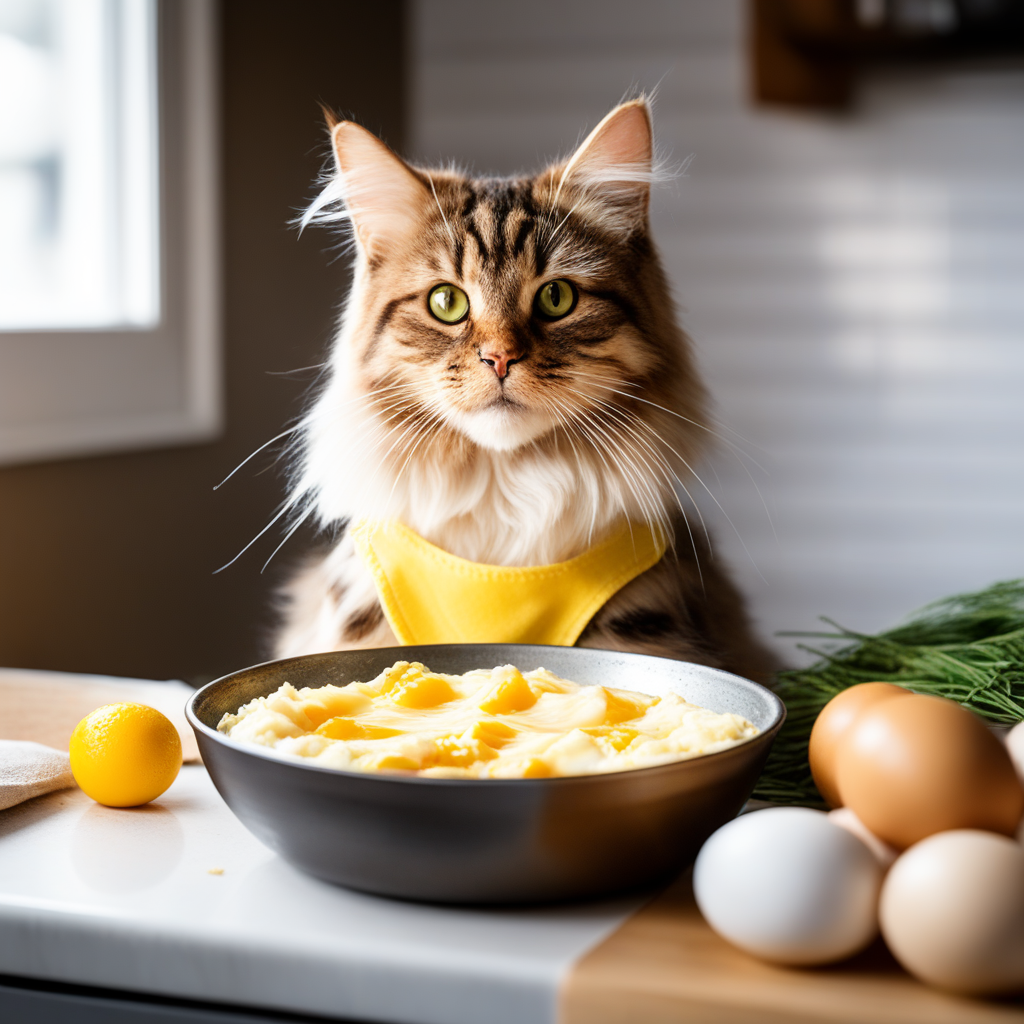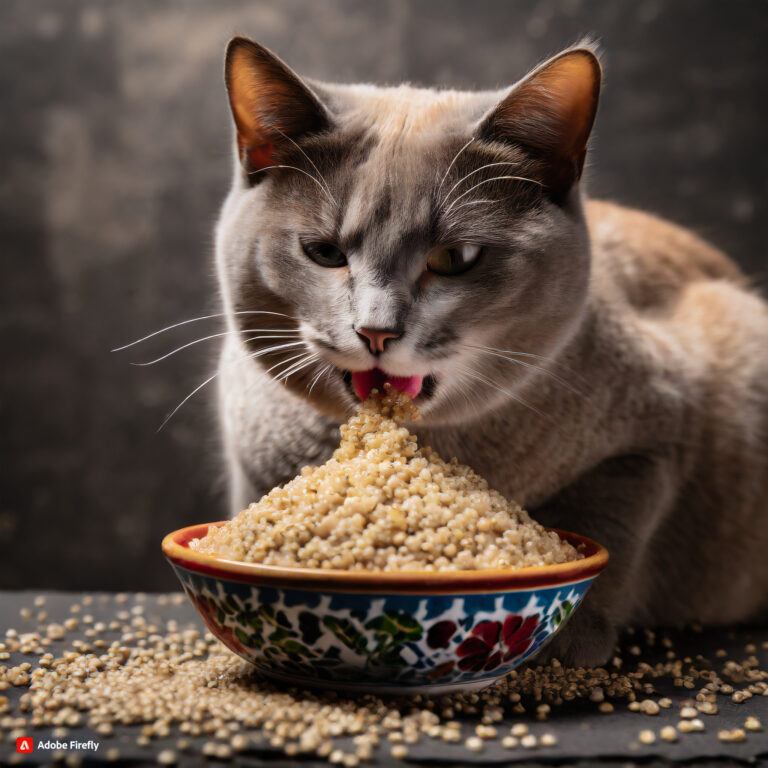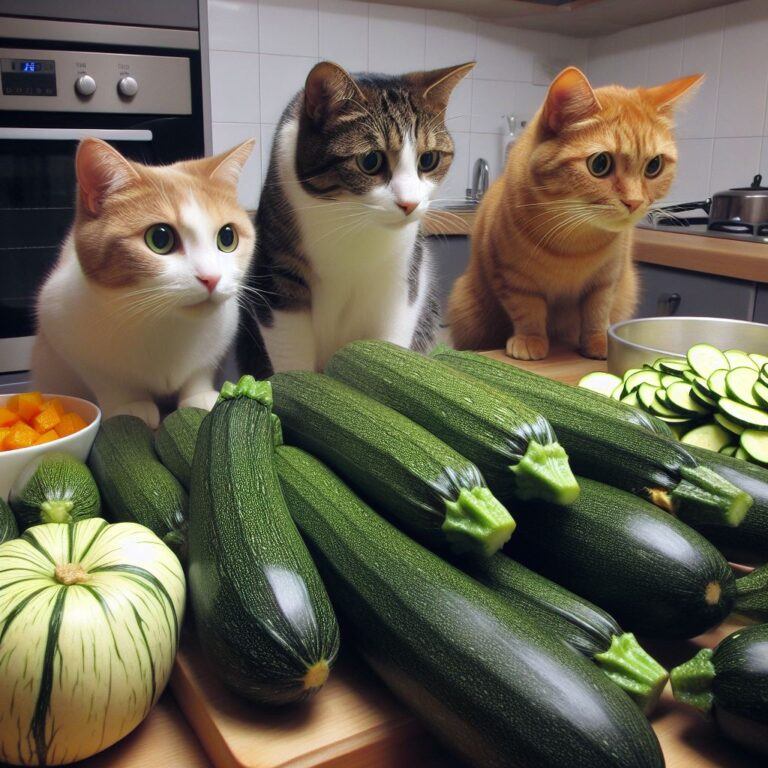Can Cats Safely Eat Eggs
I’m here to spill the beans on a common query: can cats safely eat eggs? The short answer is yes, cats can indeed eat cooked eggs in moderation. Far from being just a tasty treat, eggs are a great source of protein, which can be a nutritious supplement to your feline friend’s diet.
However, remember this isn’t just about slapping an egg onto your cat’s meal plan; it’s key to avoid raw eggs. They can contain bacteria like Salmonella, which is a definite no-go for cats.
I’m going to emphasize the importance of cooking eggs thoroughly to prevent health risks. Undercooked eggs can harbor the same problems as raw ones.
That’s why you want to make sure any eggs you give your cat are well-cooked. Cooking not only nixes bacteria but also neutralizes avidin, an enzyme inhibitor present in raw egg whites that can interfere with absorption of biotin, a valuable B vitamin.
You’re going to find out about how moderation is critical. You see, while eggs pack a punch in terms of nutrition, cats don’t need a large quantity to see benefits. Too much can lead to obesity or nutritional imbalances, particularly if eggs start replacing balanced commercial cat food.
Eggs should be an occasional treat or supplement and not a mainstay in your cat’s diet. So, consider the egg as one part of a comprehensive diet.
The Nutritional Benefits and Risks of Eggs for Cats
Now that we’ve established cats can indeed enjoy eggs, let’s dive into the why and how. Eggs are like a compact package of nutrients, which when served right, can do wonders for your feline friend.
They’re packed with high-quality protein, essential amino acids, and a range of vitamins and minerals including vitamin A, vitamin B12, riboflavin, and folate. These elements are key to maintaining healthy skin, a lustrous coat, and supporting overall bodily functions.
But it’s not just about the positives. There can be downsides to feeding your cat eggs, especially if they’re served raw. You need to be aware of potential allergies. Just like humans, cats can be allergic to eggs. If your cat has never had eggs before, start with a small amount to watch for any adverse reactions.
Now, should you just crack an egg over your cat’s kibble? Not quite. Raw eggs can harbor bacteria like Salmonella and E. coli, which are as bad for cats as they are for us.
Plus, raw egg whites contain avidin, an enzyme inhibitor that can interfere with the absorption of the B vitamin biotin. This is why cooking eggs is crucial, as it helps neutralize the bad stuff while keeping the good.
You might wonder about the difference between the white and the yolk. Well, egg whites are almost pure protein, while yolks are rich in fats and nutrients. In moderation, yolks can be beneficial, but too much fat is not good for cats and can lead to obesity or other health issues.
Speaking of moderation, it’s the keyword when it comes to feeding cats eggs. Overindulgence can lead to obesity or even create a nutritional imbalance if eggs begin to replace a balanced cat diet.
Balance is vital, ensuring your cat gets all the nutrients they need from their regular cat food, with eggs only as an occasional treat.
Feeding Eggs to Cats: Best Practices and Serving Ideas
Guess what? You can jazz up your cat’s mealtime with some egg-cellent additions, but let’s keep a few things in mind to do it right. Cats aren’t little humans; they have their unique dietary needs, so moderation is key when introducing eggs into their diet.
If you want to treat your feline friend to some eggs, here’s the drill: aim for once or twice a week and keep the portion size small – think a teaspoon or two for a little taste. Don’t get carried away; their main meals should always be high-quality cat food that’s specifically tailored to their carnivorous requirements.
Scrambled or boiled – those are great ways to cook eggs for cats. Just ensure there’s no salt, garlic, onions, or heavy oils because these things can be harmful to them.
You can always get creative with how you serve eggs to your cat. Try mixing a bit of scrambled egg with their regular food, or giving them a slice of hard-boiled egg as a special treat. Consider eggs a supplement to their meals, not the main course.
Should your cat have specific health issues or dietary needs, having a chat with your veterinarian is a smart move. They can provide you with guidance on how best to include eggs in your cat’s diet, what to avoid, and monitor for any adverse reactions.
This way, you can be sure that you’re providing a treat that’s not only tasty but also safe and beneficial to your kitty’s health.







